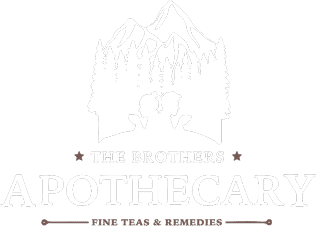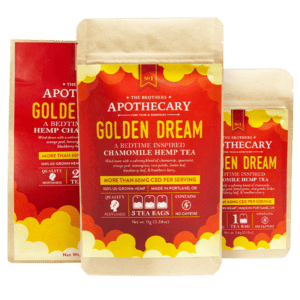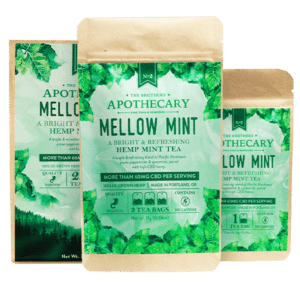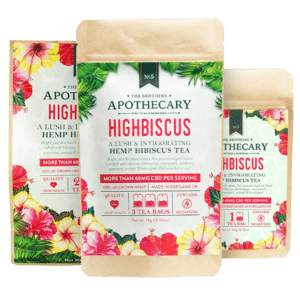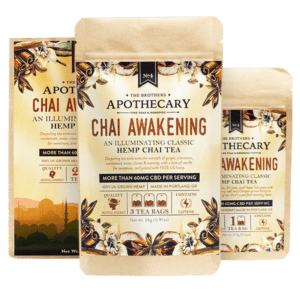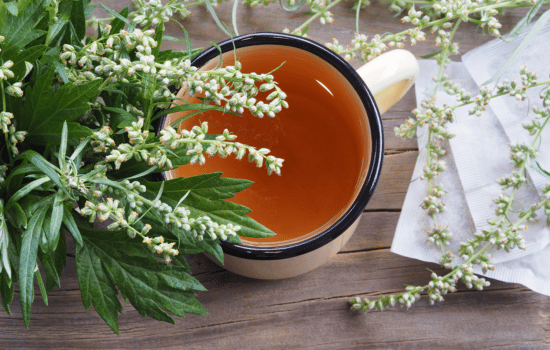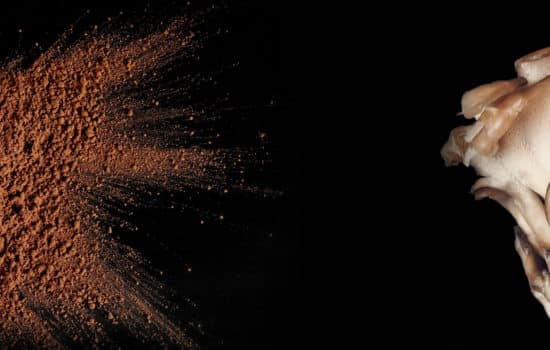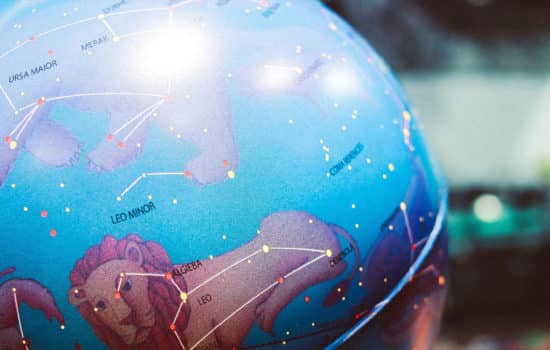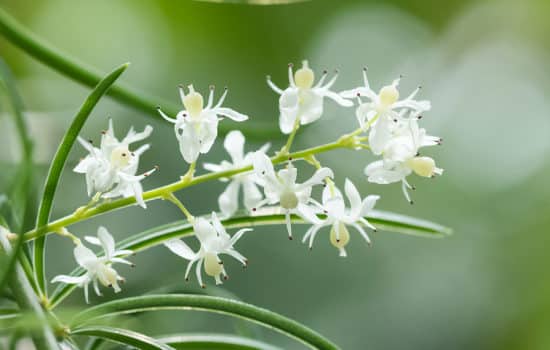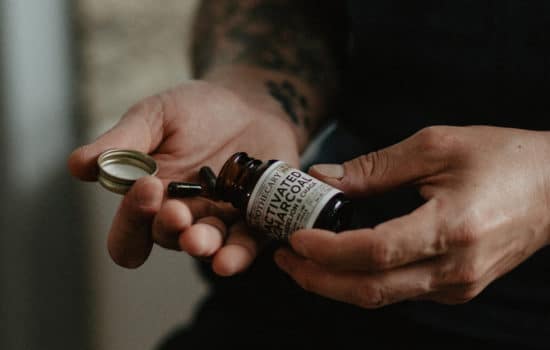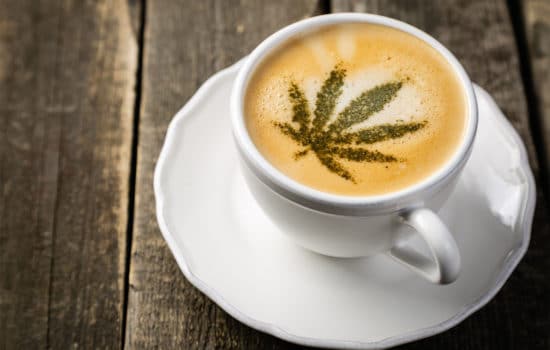The Brothers Apothecary does not provide legal advice. This information is opinion-based and may not be updated regularly.
CBD is becoming increasingly popular in the wellness industry and even beyond it. You can find CBD as an ingredient in soaps, bath bombs, candies, seltzers, and more.
It’s no surprise that more and more people are incorporating CBD into their lives, as this cannabinoid can provide several benefits for your physical and mental wellbeing.
Of course, if you are interested in CBD, you may also be interested in its laws. Navigating the laws and finding the right information can be tricky, as different states have different regulations, and laws regarding cannabis and CBD are seemingly shifting day by day around the country.
So, is CBD legal in every state? How do the laws vary? And is there any legal risk to using CBD? We are here at The Brothers Apothecary to help break it down.
Is CBD Legal in the U.S.?
Currently, CBD is federally legal as long as it is derived from industrial hemp plants containing less than 0.3% THC content. Up until recently, however, the laws were even stricter.
Regulation of both hemp and cannabis–which are two varieties of the Cannabis sativa plant–began in the 1930s, despite these plants showing promising benefits in early research.
Misinformation and fear-mongering about cannabis largely stemming from racist and anti-immigration sentiments led to a complete federal ban on hemp cultivation in 1957. And in 1970, both hemp and cannabis were listed as Schedule I illegal controlled substances in the Controlled Substances Act of 1970. This made the possession of CBD products illegal, as CBD is derived from hemp or cannabis plants.
Early signs of change came in 2014 when the 2014 Farm Bill gave research pilot programs and institutions the legal ability to cultivate hemp in the U.S for the first time in years.
As a phytocannabinoid, CBD is found in all varieties of the cannabis plant, but it is most abundant in the hemp plant. Hemp’s comparatively low levels of THC is the main reason it is classified differently than cannabis. While the 2014 Farm Bill allowed cultivation and research of hemp through approved programs, selling and possessing CBD products was still illegal.
And then came the 2018 Farm Bill. This bill classified hemp as having less than 0.3% THC content in its dry weight, removed hemp from the Controlled Substance Act, and finally lifted the federal ban on commercial hemp cultivation. With this bill, CBD products derived from commercial, industrial hemp became federally legal to possess and consume.
We wish that was the end of it, but unfortunately, varying state laws make things a little more complicated.
Medical vs Recreational Use: What’s the Difference?
Much of the differing regulations regarding CBD across the country have to do with whether the CBD is considered medical or recreational.
Currently, the FDA has only approved one CBD product for medicinal use: a drug called Epidiolex that is used to help treat seizures.
Every other CBD product available is considered recreational at the federal level, as they have not undergone the strict FDA approval process required for any product marketed as a medicinal drug in the U.S.
So, while the medically approved Epidiolex is legal federally and in all 50 states, and recreational CBD use is federally legal if it contains less than 0.3% THC content, some states have looser CBD laws, while other states have more stringent laws.
For instance, some states only allow residents to legally use CBD products if they have gotten approval from a doctor, while other states allow CBD products to contain higher concentrations of THC.
Recreational Cannabis Laws
Federally, there is still a distinction between hemp-derived CBD and cannabis-derived CBD. Cannabis plants with over the 0.3% THC content are still considered a Schedule I Controlled Substance and are federally illegal. But state-by-state is a little more up in the air.
Some states have medical cannabis programs–meaning you can legally use cannabis only if approved by a doctor and purchased through a state-licensed store–while other states have legalized recreational cannabis use.
So far, 18 states and Washington DC have legalized recreational cannabis use–meaning that even cannabis strains with a high concentration of the psychoactive THC cannabinoid are legal to possess.
In these states where recreational cannabis is fully legalized, it is legal to use CBD products derived from hemp or cannabis plants, regardless of their THC content.
However, in the other states where recreational cannabis is not yet legal but recreational CBD is legal, CBD products must come from industrial hemp. Even if a CBD product contains below the 0.3% THC limit in its final form, it is still considered illegal if it came from a cannabis plant that contains more than the legal limit of THC.
Where Is Recreational CBD Restricted?
And finally, we have the few states where recreational CBD use is more strictly regulated than even on the federal level.
Alabama
For many years, CBD was only legal in Alabama for patients with a confirmed epileptic condition who were approved for possession of CBD through the University of Alabama-Birmingham.
However, after the passage of the 2018 Farm Bill, a public notice was issued by the office of Alabama Attorney General saying that CBD would be legalized in accordance with the federal laws (hemp-derived with less than 0.3% THC content), but only if they are distributed through licensed vendors.
Georgia
Hemp-derived CBD with below the federally legal amount of THC became legal in Georgia in 2019.
However, the state does not permit CBD in foods, drinks, animal feed, or dietary supplements; regardless of THC content.
Idaho
Currently, Idaho law only allows CBD products that contain zero THC content, meaning you cannot use full-spectrum CBD in the state.
Iowa
CBD products in Iowa must be in accordance with chapter 124E of the Iowa code. As of 2020, hemp-derived CBD with less than 0.3% THC content is legal in Iowa. However, smokable hemp, CBD-infused food and beverage, and CBD animal products are not currently legal for sale or purchase.
Kansas
Like Idaho, Kansas currently only allows hemp-derived CBD products with no trace of THC.
Kentucky
For a number of years, CBD was only legal if approved by a doctor. However, hemp-derived CBD oil with less than the federal legal limit of 0.3% THC became legal in Kentucky in 2018.
Mississippi
Mississippi’s state laws are largely in line with the federal laws regarding CBD oil. However, products that contain more than 2.5 milligrams of THC per milliliter may be considered a cannabis product–even if it is hemp-derived–making it illegal in the state for anyone without a medical cannabis card.
Nevada
In Nevada, industrial hemp-derived CBD oils are only legal if they contain less than 0.3% THC content, are purchased through a vendor licensed by the state, have been tested to ensure they fall within the legal THC limit, and do not make any medical claims.
CBD-infused food or drink is not currently legal in Nevada.
South Carolina
In South Carolina, it is not legal to sell CBD-infused foods. However, CBD oil in accordance with federal guidelines is legal.
South Dakota
As of right now, all CBD products are still considered illegal in South Dakota. South Dakota classified CBD as a Schedule IV controlled substance in 2019, and unauthorized possession was deemed a felony.
Wisconsin
Technically, you can only legally use hemp-derived CBD oil in Wisconsin if you’ve been given a written certificate from a doctor that recommends CBD for a medical condition.
Because hemp cultivation was recently legalized in the state, it is unlikely that CBD possession will be criminalized and laws are expected to become more lenient in the near future, but for now it is best to have a certificate before purchasing CBD in Wisconsin.
Wyoming
For many years, residents in Wyoming needed a medical CBD card approved by the Wyoming Department of Health to legally purchase CBD.
Shortly after the 2018 Farm Bill passed, the state removed hemp and CBD from the Wyoming Controlled Substance Act, meaning that hemp-derived CBD oil with less than 0.3% THC content is now legal in Wyoming.
When Will CBD Be Legal in All States?
Attitudes and laws regarding CBD and cannabis are changing quickly. Only a few states are left where CBD is fully illegal or heavily regulated. While there’s no telling exactly when CBD will be legal in all 50 states, we are hopeful that all states will continue moving in this direction.
How Do Laws Vary?
As you can see, CBD laws vary state-by-state primarily based on how much THC content a state allows, if cannabis-derived CBD is legal, whether CBD-infused food and drink can be sold and bought, and whether you need permission from a physician to purchase.
The Bottom Line
CBD is a beneficial, non-psychoactive cannabinoid that can help promote relaxation, ease discomfort, and reduce occasional tension.
Here at The Brothers Apothecary, we are excited to see CBD become legal in more and more states, and are excited to see what is next for hemp as more people are able to access its soothing benefits.
If CBD is legal in your state and you’re ready to start exploring its many benefits, check out our collection of organic, third-party tested, and federally legal hemp-derived CBD products at The Brothers Apothecary shop!
Sources:
Agricultural Act of 2014: Highlights and Implications | USDA
FDA Regulation of Cannabis and Cannabis-Derived Products, Including Cannabidiol (CBD) | FDA
Jesse Richardson is the co-founder of The Brothers Apothecary. He's an avid tea drinker and the primary creator behind The Brothers' products. An undergraduate of UCLA for Political Science, Jesse currently studies Medicinal Plants at Cornell University and The International School of Herbal Arts & Sciences.
